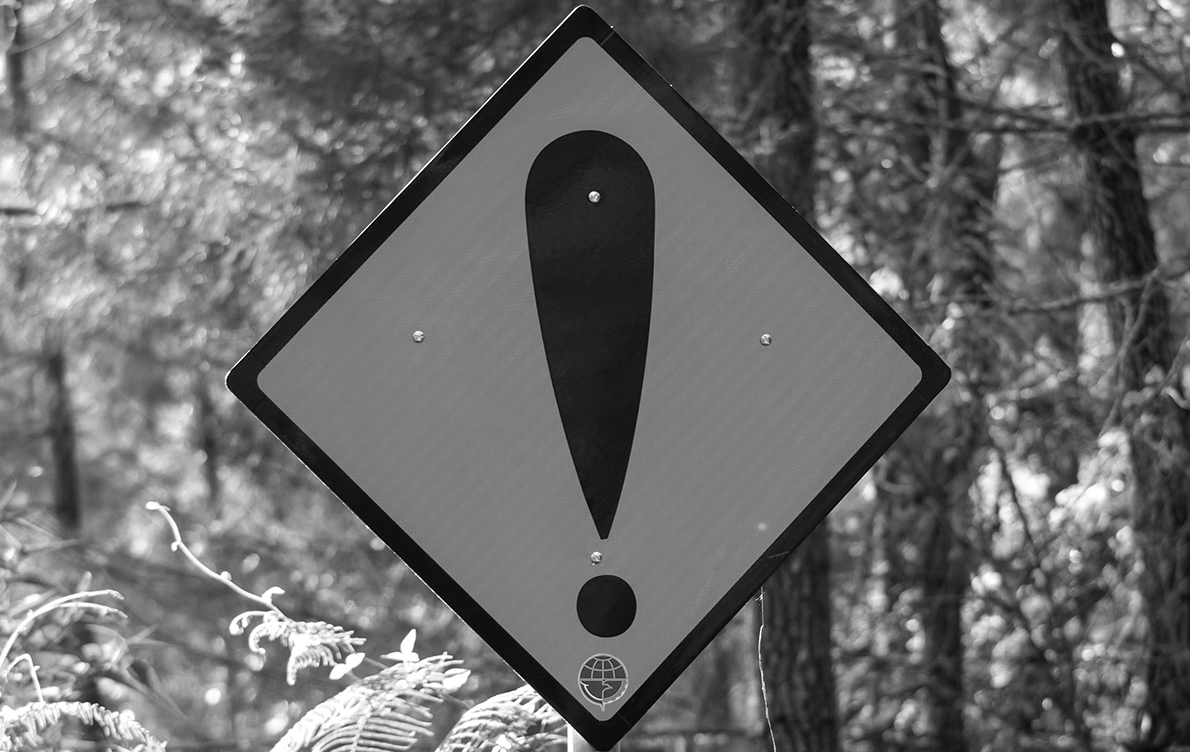Stemming the Blight: New Jersey Supreme Court Affirms Eminent Domain Powers
The New Jersey Constitution provides for taking of blighted property for the purposes of development, redevelopment or to clear such property of blight. In a split decision rendered on March 23, 2015, the New Jersey Supreme Court affirmed the City of Hackensack’s designation of two blocks of land as “blighted and in need of redevelopment,” a move that some legal experts believe, marks a significant shift in the Court’s mind-set that cuts back on governmental limits on eminent domain. The affected blocks, comprised of five contiguous lots of mixed commercial and residential uses, contained derelict buildings that the Hackensack Planning Board in 2008 designated as blighted and “in need of redevelopment”. The plaintiff landowners filed a complaint in the Superior Court, arguing that their properties were improperly classified as in need of redevelopment because they did not meet the constitutional standard for blight as set forth in prior New Jersey case law. The Superior Court rejected that argument in favor of the City, while the Appellate Division reversed for the plaintiffs, paving the way for the Supreme Court to once again review the constitutionality under New Jersey law of blight determinations made by a municipality. Ultimately, the Supreme Court determined that “so long as the blight determination is supported by substantial evidence in the record, a court is bound to affirm that determination,” concluding that substantial evidence in the record supported the Hackensack Planning Board’s findings. The Supreme Court, in dicta, affirmed the constitutionality of the standard for blight set forth in the Blighted Area Clause of the New Jersey Constitution. The Supreme Court also affirmed the deferential standard of review to the municipal decision–making for areas in need or redevelopment. Accordingly, “a presumption of validity” applies to a municipality’s designation of blight, and if supported by “substantial evidence” in the record creates an uphill battle for property owners challenging such designations. According to Ronald Chen, acting Dean of the Rutgers School of Law, “the ruling gives the Legislature a lot of latitude for what constitutes blight” and may make it more difficult for property owners to fight a blight designation in the future.
No aspect of this advertisement has been approved by the highest court in any state.
Results may vary depending on your particular facts and legal circumstances.
As the law continues to evolve on these matters, please note that this article is current as of date and time of publication and may not reflect subsequent developments. The content and interpretation of the issues addressed herein is subject to change. Cole Schotz P.C. disclaims any and all liability with respect to actions taken or not taken based on any or all of the contents of this publication to the fullest extent permitted by law. This is for general informational purposes and does not constitute legal advice or create an attorney-client relationship. Do not act or refrain from acting upon the information contained in this publication without obtaining legal, financial and tax advice. For further information, please do not hesitate to reach out to your firm contact or to any of the attorneys listed in this publication.
Join Our Mailing List
Stay up to date with the latest insights, events, and more






